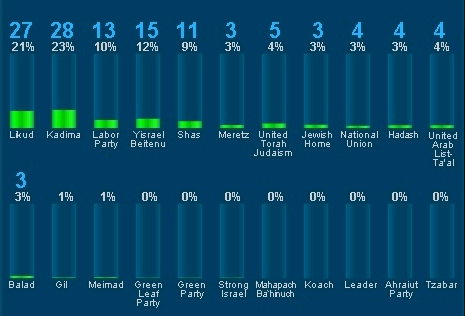by Joseph W
Time Magazine reported in 2002 on Qorvis Communications:
When radio ads critical of Israel ran in 15 U.S. cities last spring, they identified the Alliance for Peace and Justice as sponsor. The alliance was described by its Washington p.r. firm, Qorvis Communications, as a consortium of Middle East — policy groups based in the U.S. But when Qorvis reported its ad work to the Justice Department last month, it revealed that funding for the $679,000 media buy actually came from another source: the Saudi government.
As home to all but four of the Sept. 11 hijackers, Saudi Arabia had good reason to hide its p.r. offensive. A knowledgeable source tells TIME the alliance was created by the p.r. firm to disguise the role of the Saudis, who pay Qorvis more than $200,000 a month for its services.
Repackaging Saudi state propaganda as “peace and justice” is the sort of thing that PR companies such as Qorvis Communications are very good at. Frustratingly so, as liberals spend a great deal of time unpacking this PR as an exercise in propaganda!
Of course, like British PR firm Bell Pottinger, Qorvis has no qualms working alongside troublesome regimes. Both Bell Pottinger and Qorvis have done PR on behalf of the Saudi Arabian and Sri Lankan governments in the UK and the USA respectively, amongst others.
Sometimes, I think PR companies really push the boundaries of what it is acceptable conduct, as I outlined in a previous post.
This year, however, we have finally seen resignations at Qorvis over the organisation’s lobbying in the USA.
Marcus Baram reported in the Huffington Post in March:
One of Washington’s best-known lobbying and public relations firms has been upended in the wake of the turmoil in the Middle East due in part to its representation of some of the region’s autocratic governments.
In the last two months, more than a third of the partners at Qorvis have left the firm to start their own lobby shops, partly because of the firm’s work on behalf of such clients as Yemen, Bahrain, Saudi Arabia and the Central African nation of Equatorial Guinea, say former employees.
“I just have trouble working with despotic dictators killing their own people,” a former Qorvis insider tells The Huffington Post. “People don’t want to be seen representing all these countries — you take a look at the State Department’s list of human rights violators and some of our clients were on there.”
The governments of Bahrain and Yemen, which have been condemned by the United Nations for theirbrutal crackdowns that resulted in dozens of protesters killed and hundreds injured, are both represented by Qorvis through a subcontract to British public relations giant Bell Pottinger. Saudi Arabia, which last week sent troops to assist in riot control in Bahrain and has long been cited for its poor human rights record, is a longtime client of the firm. And Equatorial Guinea, an oil-rich dictatorship considered one of the most corrupt and undemocratic regimes in the world, likewise pays Qorvis to burnish its reputation.
Several former Qorvis staffers blamed the firm’s current management for cultivating such “black hat” clients, noting that much of that business came about through the firm’s partnership with Bell Pottinger, the United Kingdom’s largest public relations firm, which took heat for representing Sri Lanka during that South Asian country’s brutal crackdown on rebel groups during the last two years. “They have zero conscience in what they do,” says the first former insider, referring to Bell Pottinger. A spokesperson for Bell Pottinger did not return calls for comment.
Such “black hat” countries pay well — Equatorial Guinea pays Qorvis $55,000 per month and Saudi Arabian initially paid Qorvis $14 million per year back in 2002 to polish its reputation in the wake of the Sept. 11, 2001, attacks, though in recent years the latter contract has been much less lucrative. “These scumbags will pay whatever you want,” says the former insider. “You can charge retainers that are huge.”
Good on those staff who left Qorvis.
Earlier this year, we have seen a spates of resignations from Qorvis Communications staff over the Bahraini and Yemeni authorities repressing their own people.
But we haven’t heard of mass resignations at Bell Pottinger over how Belarus, Bahrain or Syria are repressing their own people, even though the governments of these countries are clients of Bell Pottinger Sans Frontieres.
I wonder what Lord Bell makes of it all.


